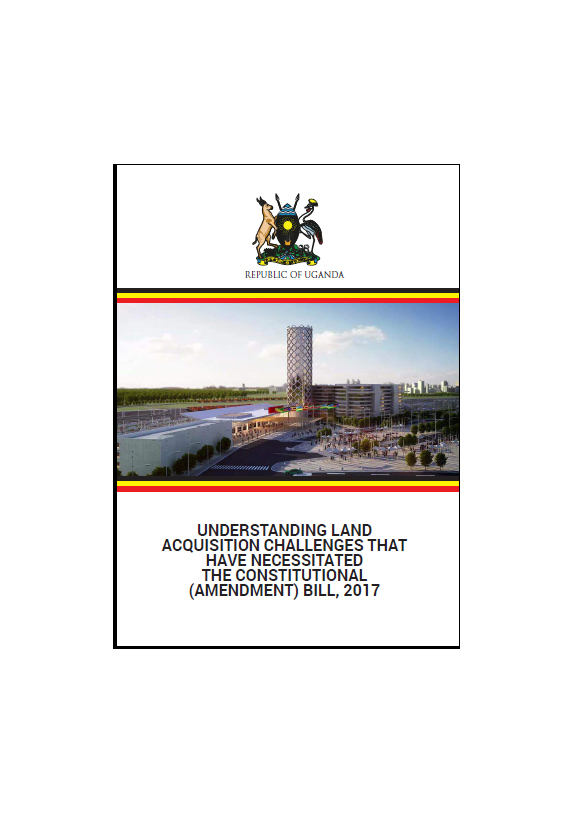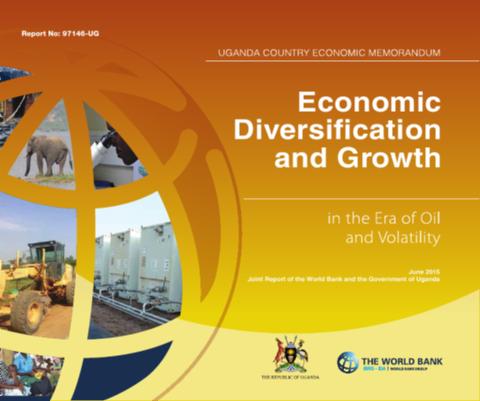This is the profile for all Governmental Institutions in Republic of Uganda.
Members:
Resources
Displaying 1 - 5 of 32Understanding Land Acquisition Challenges that Have Necessitated the Constitution (Amendment) Bill 2017
Compulsory acquisition is the power of government to acquire private rights in land for a public purpose, without the willing consent of its owner or occupant. This power is known by a variety of names depending on a country’s legal traditions, including eminent domain, expropriation, takings and compulsory purchase.
Forest Landscape Restoration Opportunity Assessment for Uganda
The degradation of forests is a threat to both the functioning of ecosystems and the well-being of human communities. Nations have for several years grappled with the challenge of finding ways of restoring forest landscapes that suit the ecological constraints of particular sites as well as the socio-economic circumstances of the landowners or land users, and ensure resilience under various future uncertainties. Forest landscape restoration is a feasible option through which these challenges can be addressed.
Uganda Country Economic Memorandum
The objective of the Ugandan government is to make Uganda an upper - middle income country within thirty years. Economic diversification is a key component of that strategy. The country economic memorandum (CEM) report discusses how the emergence of oil and mineral production can contribute to Uganda’s effort to promote economic diversification as a means to achieve sustainable and shared growth.
THE UGANDA NATIONAL LAND POLICY IMPLEMENTATION ACTION PLAN 2015/16 – 2018/19
The Uganda National Land Policy (NLP) Implementation Action Plan is a deliberate resolution by the Government of Uganda to address major challenges that have hindered the implementation of land reforms, thereby impeding the optimal utilisation of land for socio-economic development and transformation. Although successive post-independence governments have made numerous efforts to streamline land governance and reconfigure the role of land in national development, the majority of these efforts have failed to address underlying issues and have thus remained unimplemented to date.
STUDY REPORT ON THE REVIEW OF LAWS ON SUCCESSION IN UGANDA
The Uganda Law Reform Commission with support from the Justice Law and Order Sector undertook a study to review the laws of succession in Uganda. The purpose of the study was to ensure among others that; the provisions of the laws of succession are in conformity with the 1995 Constitution of the Republic of Uganda, national laws and international and regional human rights standards and practices, are up to date with the changing socio‐ economic circumstances of Uganda, and that the law is accessible to the people and its implementation can be better realised.






